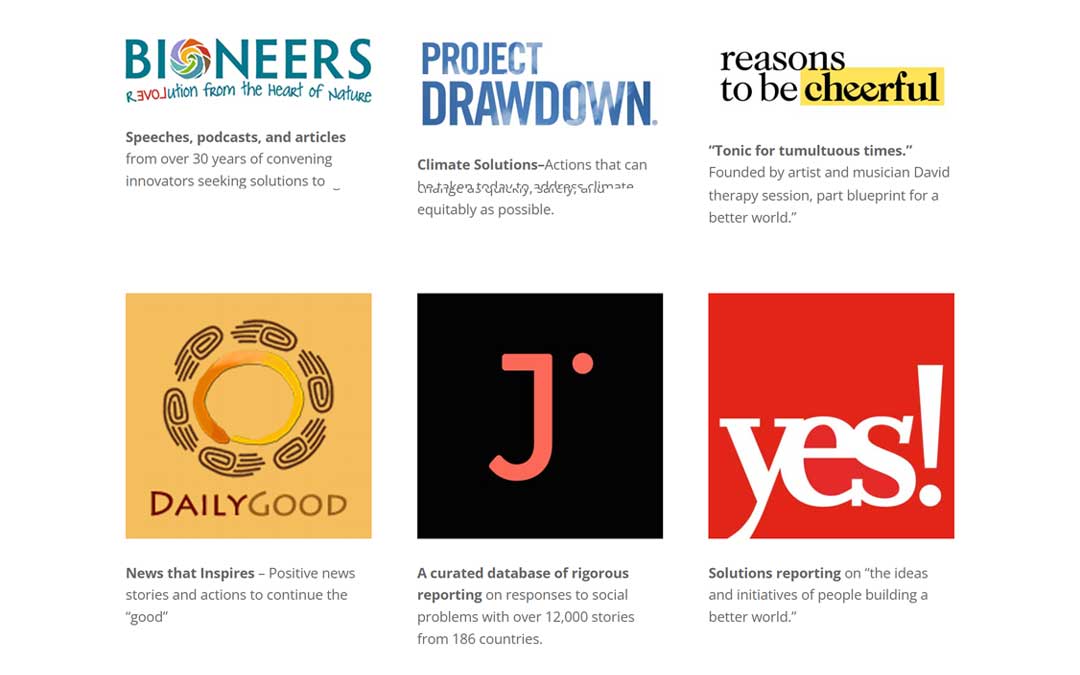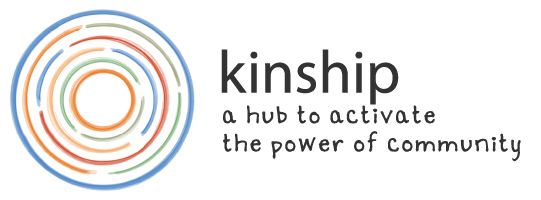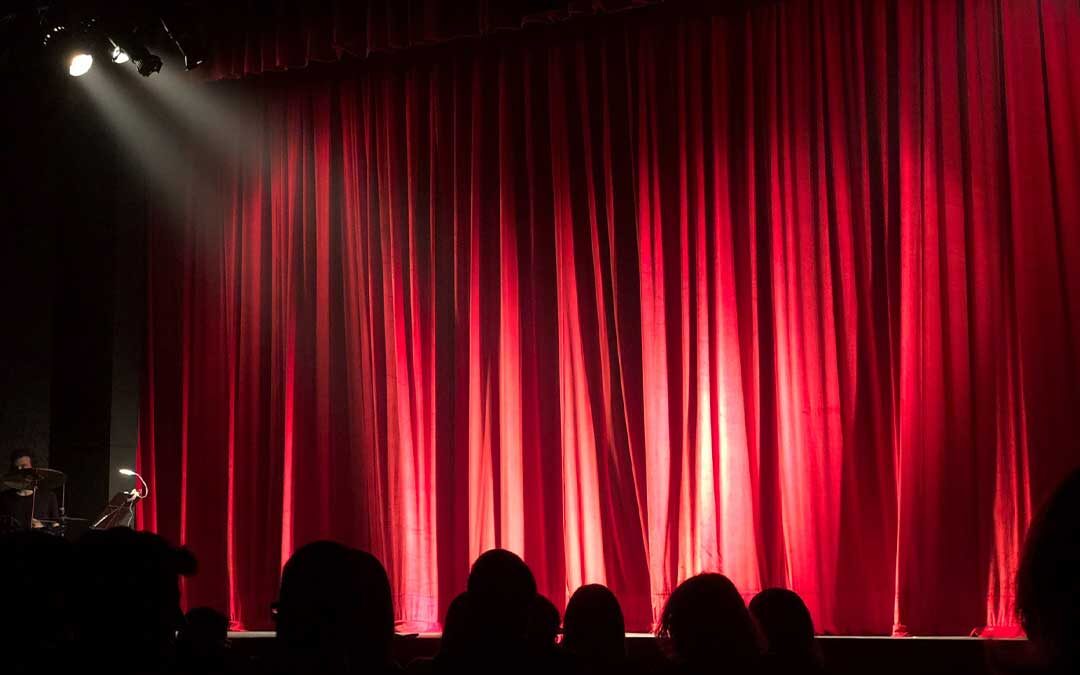I was in the audience at a fundraiser gala event for a local women’s foundation.
Picture the scene: people dressed up, sitting at tables of 10, food being served, and a stage with a podium. The evening’s program was designed around giving awards to four women, celebrating their leadership and accomplishments and offering each of them time to speak.
In a post-event survey, the host organization invited feedback. I thought about the awards ceremony and the focus on individual women. I wrote that giving awards to individuals perpetuates our culture’s focus on individualism. I encouraged them to consider giving awards that celebrate collaboration.
The scale of challenges we face need collective action. The “power of one” and the “hero’s journey” are well-worn cultural scripts that can blind us to the value and imperative of collaborating. I want to see awards that shine a light on innovative collaborations and participatory approaches that lead to meaningful change. Better yet, give the awardees a platform to share how working together allowed them to do more. And then give the audience time to talk with each other about what they learned from the stories and how it can be applied in their work.
The ways we tell the stories of change have their own biases.
They affect what we see, what we don’t see, what we invest time and resources into, and what we ignore. We need stories that challenge our assumptions and help us uncover new pathways for action. This is the way to start writing new cultural scripts. On this Resources page, I share several sources that feature stories of solutions and approaches that work.
 Another way to define this is paradigms, our world views that are often unconscious. For example, the paradigm of individualism, self-reliance and personal achievement is pervasive in Western culture. The questions we ask can keep us in the paradigm or get us out of the box. For example, from the self-focused paradigm we ask: “how can I impact the world? What can I do to make change?”
Another way to define this is paradigms, our world views that are often unconscious. For example, the paradigm of individualism, self-reliance and personal achievement is pervasive in Western culture. The questions we ask can keep us in the paradigm or get us out of the box. For example, from the self-focused paradigm we ask: “how can I impact the world? What can I do to make change?”
Shifting to a paradigm focused on collaboration, we can ask: “What can we do together that none of us can do alone? How is my story part of a larger story? Who is working on and affected by the challenges and systems I’d like to change and how can we work together?”
I hope you’ll join us in the upcoming workshops on questions, where we’ll explore and practice asking these questions and how to be conscious of what paradigms are at work.


